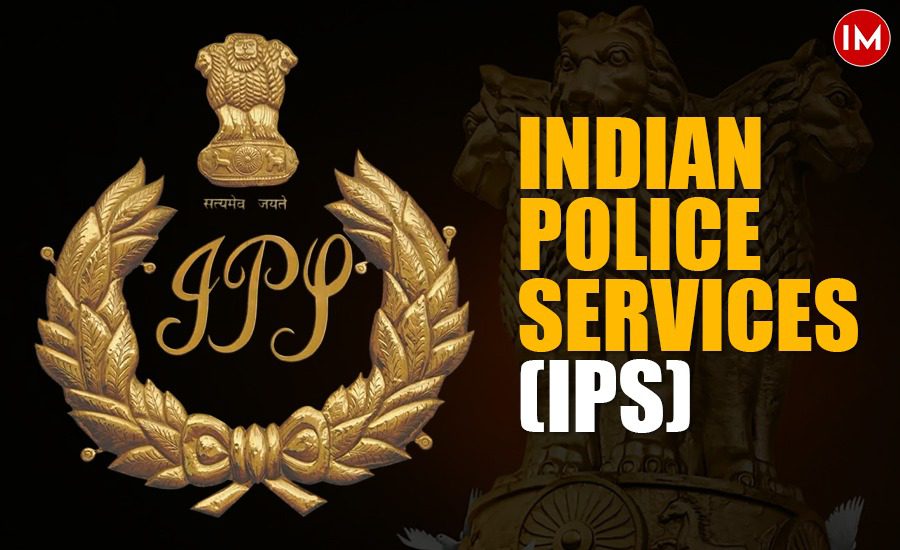New Delhi: In a move that seemingly defies a Supreme Court directive, the Union Home Ministry has continued to appoint Indian Police Service (IPS) officers to key positions in the Central Armed Police Forces (CAPFs), despite clear instructions to gradually reduce such deputations.
SC Verdict on IPS Deputation: A Landmark Judgment
On May 23, 2025, the Supreme Court, in the Sanjay Prakash & Others vs Union of India case, ruled that Group A officers of the CAPFs must be recognized as “Organised Services” for all practical purposes. A major aspect of the ruling mandated that deputation of IPS officers in senior administrative posts—including ranks up to Inspector General (IG)—should be progressively reduced within a two-year timeframe.
The objective was to address long-standing stagnation in promotions for CAPF cadre officers, many of whom spend over two decades waiting to climb the ranks due to IPS deputation blocks.
Ongoing Appointments Raise Contempt Concerns
Despite this judicial directive, the Ministry of Home Affairs (MHA) has appointed at least eight IPS officers to CAPF ranks ranging from Commandant to IG since the ruling came into effect. Most notably, a 2016-batch IPS officer from Tripura cadre was deputed to the Sashastra Seema Bal (SSB) as Commandant—a move considered rare and contentious, given the rank’s equivalence to Superintendent of Police (SP) and the uncommon nature of such transfers.
Legal representatives for the petitioners have now written to the Home Ministry, the Department of Personnel and Training (DoPT), and the Directors General of all CAPFs, asserting that these continued appointments amount to contempt of court.
Also Read: Bihar Revenue Secretary IAS Dinesh Rai Likely to Quit Bureaucracy
IPS Dominance Hindering CAPF Cadre Growth
Currently, 20% of Deputy Inspector General (DIG) and 50% of Inspector General (IG) posts in CAPFs are reserved for IPS officers. These quotas have long been criticized for creating bottlenecks in the promotion pipeline for CAPF officers. On average, an officer who joins as an Assistant Commandant (AC) has to wait up to 25 years to reach the rank of Commandant—something that, ideally, should take around 13 years.
With the implementation of the court’s ruling, over 13,000 CAPF officers stood to benefit through faster promotions and more predictable career growth. The judgment was also expected to bring much-needed parity between the IPS and CAPF cadres.
Lack of Compliance Despite Clear Mandate
The CAPFs—which include the Border Security Force (BSF), Central Reserve Police Force (CRPF), Central Industrial Security Force (CISF), Sashastra Seema Bal (SSB), and Indo-Tibetan Border Police (ITBP)—have been under dual administrative control, with the Home Ministry acting as the cadre-controlling authority for both IPS and CAPFs.
As of June 23, 2025, of the 69 sanctioned IGP-level posts across the five CAPFs reserved for IPS officers, 56 were filled. At the DIG level, 93 out of 117 IPS-reserved posts were occupied, with 24 still vacant—indicating the continued prioritization of IPS appointments.
The Road Ahead: Tension Between Policy and Practice
While the Supreme Court’s verdict was hailed as a game-changer for internal reform in CAPFs, the ground reality reflects resistance from administrative machinery. The continued deputation of IPS officers is now being seen not only as a bureaucratic challenge but also a legal one—with possible contempt proceedings on the horizon if the Home Ministry does not change course.
As the two-year compliance window set by the court ticks down, all eyes will be on whether the Centre upholds the judiciary’s direction or faces legal repercussions for non-compliance.




























